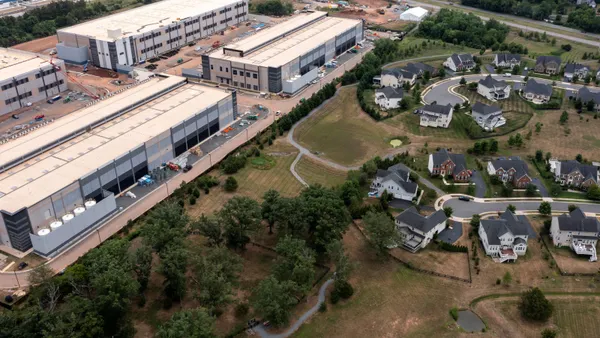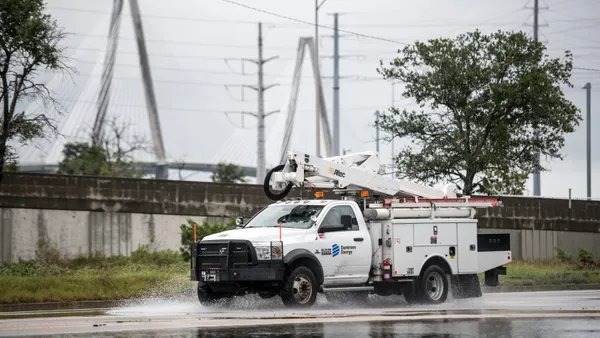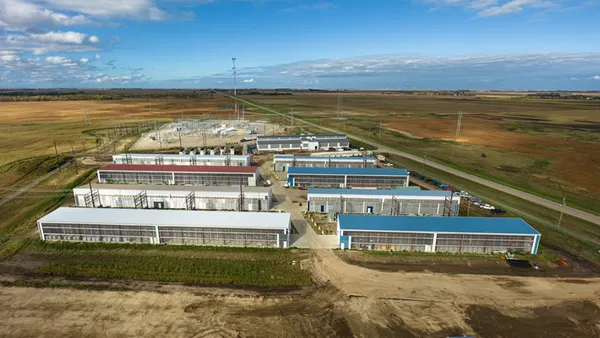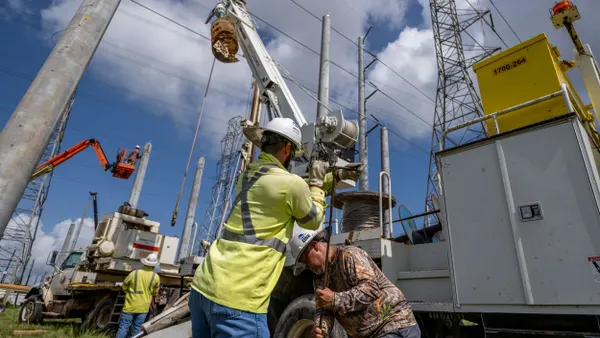Dive Brief:
- The New Hampshire Public Utilities Commission last week approved changes to how Liberty Utilities will charge customers for natural gas in an attempt to "decouple" the utility's revenues from commodity sales in order to encourage energy efficiency.
- It is similar to efforts on the electric side to boost efficiency by eliminating a utility's incentive to sell more electricity. The decision in New Hampshire only affects Liberty's gas rates, however.
- Liberty has been making efforts on the electric side as well, to help customers control energy usage. The utility has proposed a pilot project with Tesla to install batteries in 300 homes to help customers reduce peak demand.
Dive Insight:
Liberty is still examining the order and could appeal it, but a spokesperson for the utility told the New Hampshire Union Leader "we believe decoupling is beneficial to customers, as it provides bill stability and helps increase the adoption of energy efficiency.”
But the utility's proposed rate hike was lowered substantially by regulators, which could lead the company to challenge the decision.
As interest in energy efficiency has grown, gas providers have begun looking to techniques utilized on the electric side to manage demand. In New York, National Grid has proposed natural gas demand response programs in order to reduce peak demand, similar to electric companies.
Liberty continues to try new approaches to helping customers control their energy use. Its partnership with Tesla would create a virtual power plant (VPP) in Lebanon, N.H. The utility selected Tesla to supply the batteries, but the proceeding has grown as SunRun has called for a competitive bidding process to supply the batteries.
The Liberty VPP pilot will eventually be expanded to 1,000 customer homes.














